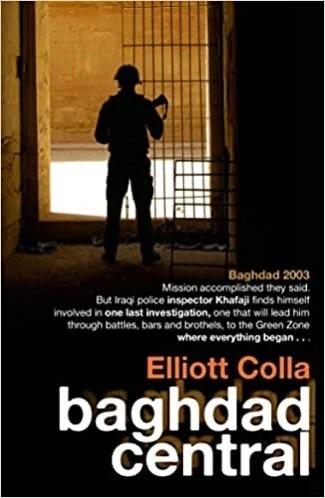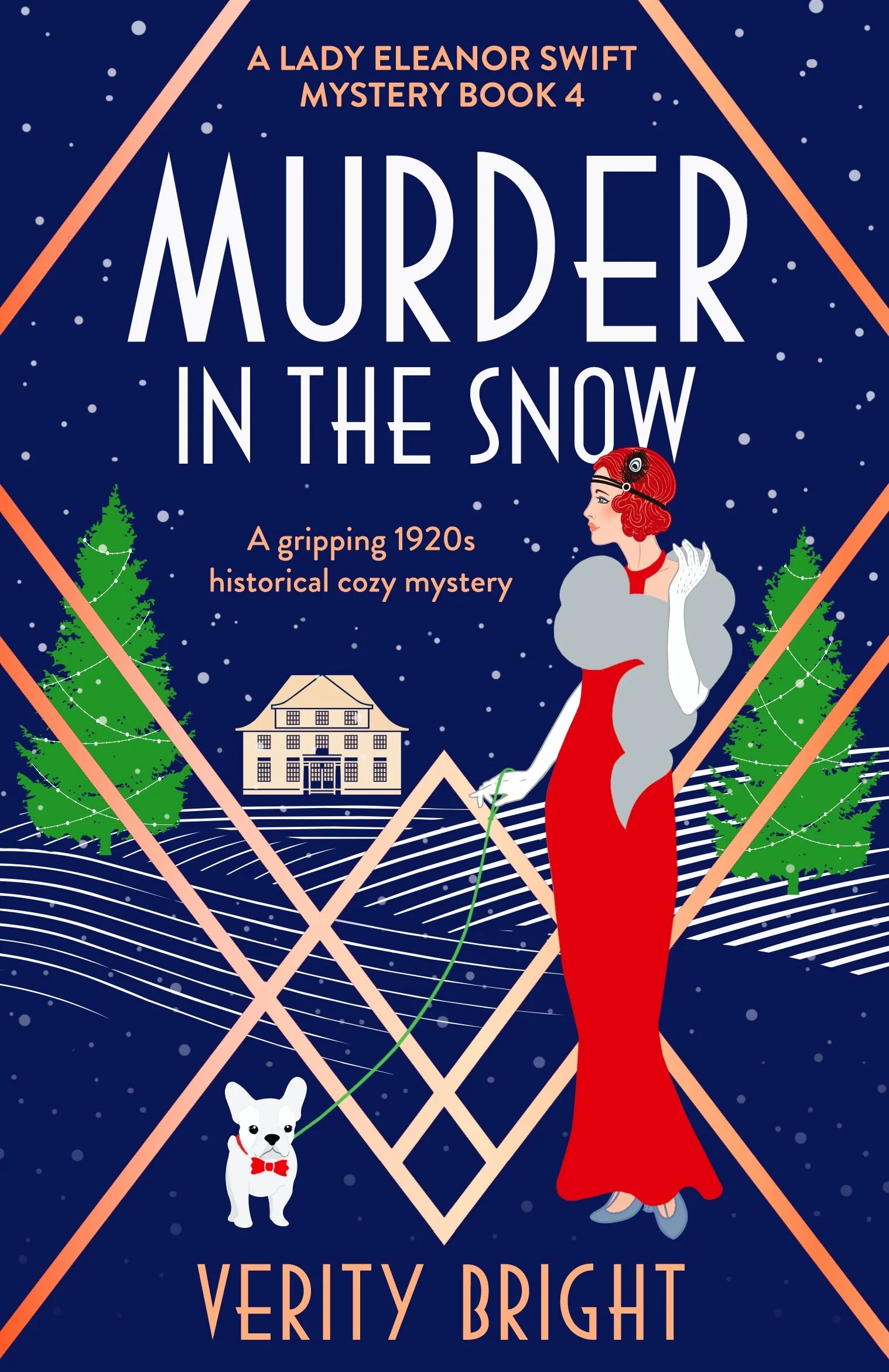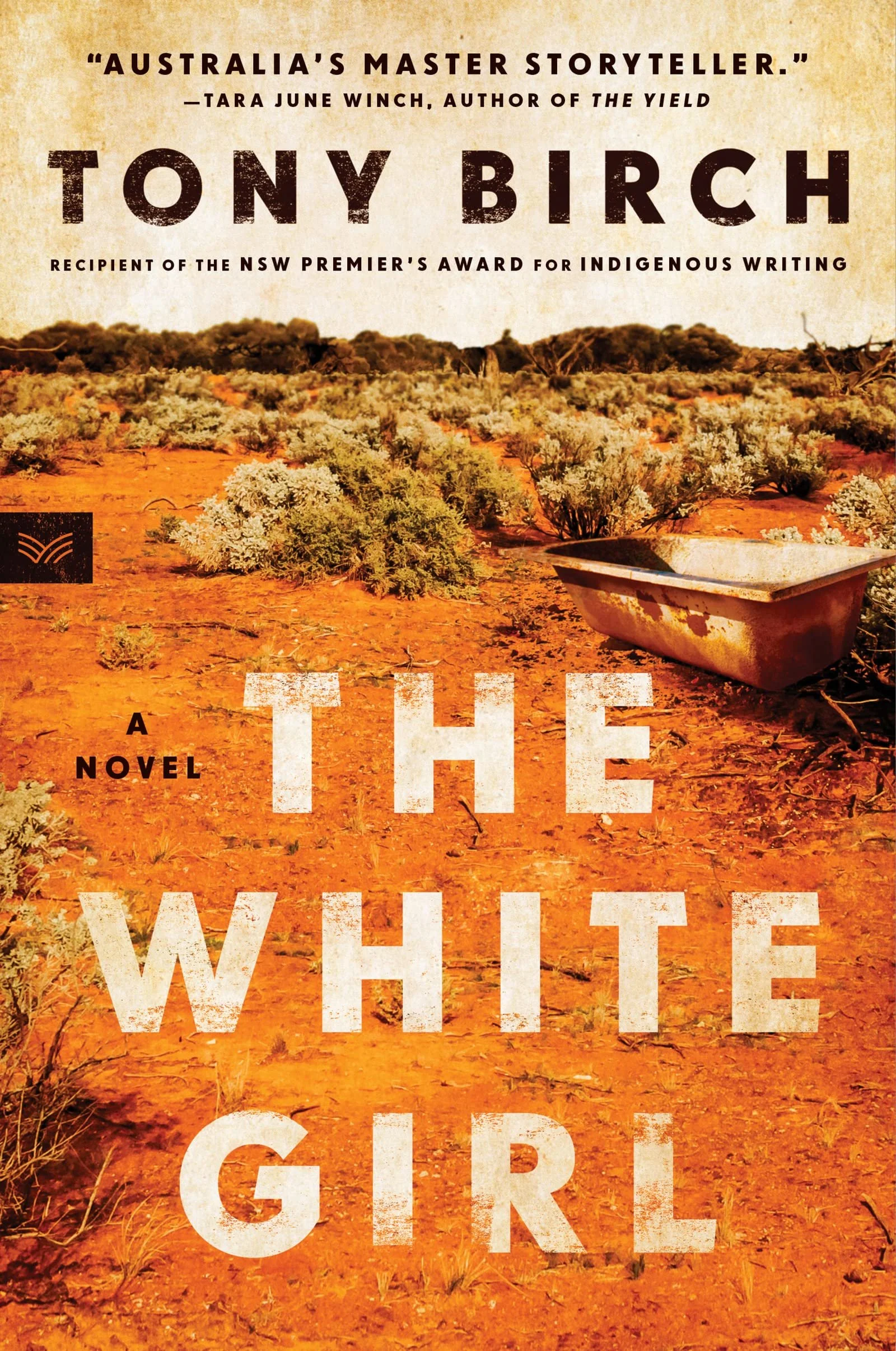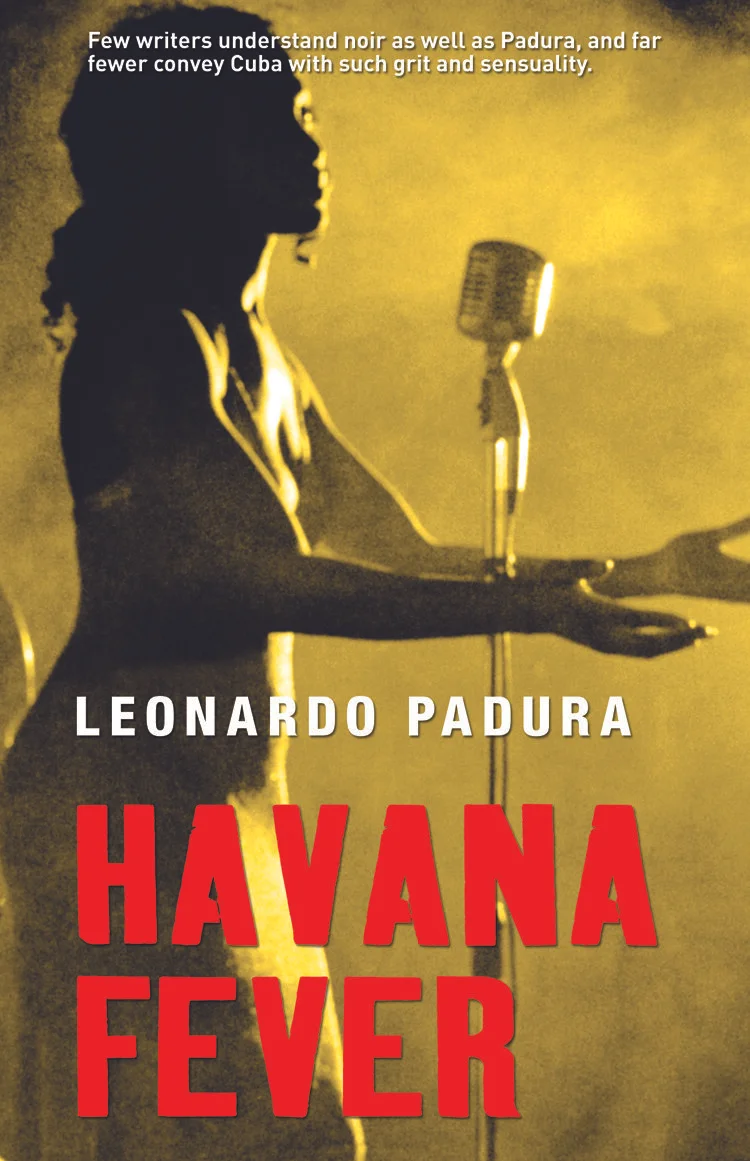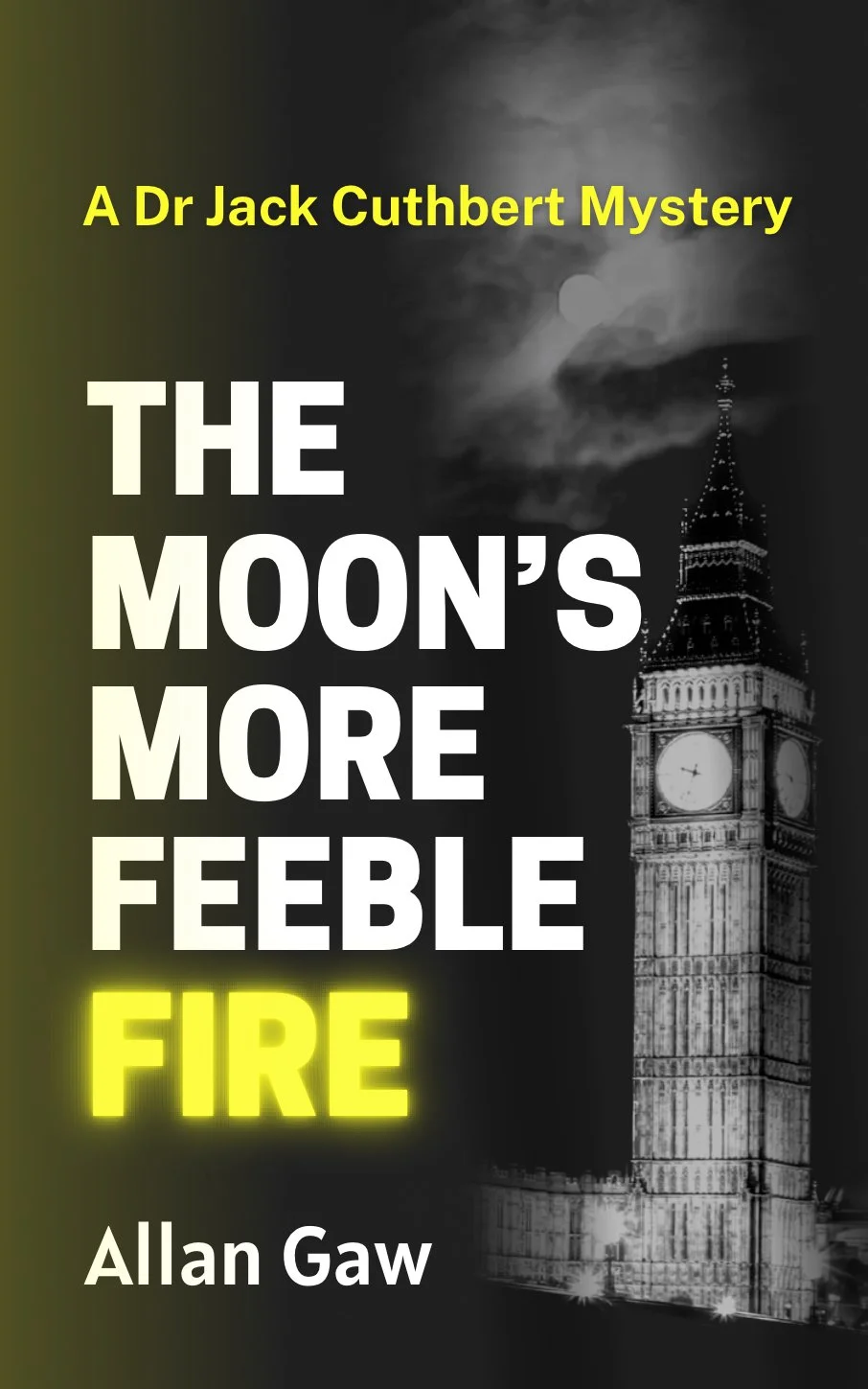Baghdad Central by Elliott Colla
Baghdad, November 2003. The occupation forces have disbanded the army and there is no police on the streets of Iraq. Inspector Muhsin al-Khafaji is a mid-level Iraqi cop who deserted his post back in April. Captured by the Americans and imprisoned in Abu Ghraib, Khafaji is offered one way out, helping the authorities rebuild the Iraqi Police Services. But it's only after US forces take his daughter Mrouj that he figures out a way to make his surrender palatable, and even rewarding. Soon, he is investigating the disappearance of young translators working for the US Army.
Khafaji finds himself a collaborator living in a volatile world of shifting alliances and new warlords. Luckily for him, the old consolations of whiskey and love poetry can sometimes still work their magic in the new “liberated” Iraq.
Author Bio:
Elliott Colla divides his time between Washington DC and the Middle East. This is his first novel. He teaches Arabic literature at Georgetown University. He has translated much contemporary Arabic literature, including: Ibrahim Aslan’s novel, The Heron, Idris Ali's Poor, Ibrahim al-Koni's Gold Dust, and Rabai al-Madhoun's The Lady from Tel Aviv.
Review
This book was heavy going to read, not because of the writing or plot, but because it dealt with the turmoil of a country at war with an occupying force and all the mess and human disaster that occurs. Elliott manages to convey all this with aplomb as the narrative is so complex, with twists and turns right to the end, the feeling of fear and claustrophobia, and the unknown presence of the future!
Khafaji is the main character who used to be a serving police officer before the Americans invaded Iraq. He is taken away one night by two shadowy Americans and after a bit of torture he is told he will be helping to build the new Iraqi police force. In return his daughter would be given the medical attention she so desperately requires. No choice really. The remaining action is noir genre at its finest. It’s messy, it has a damaged protagonist, a mystery with a dirty feeling. But then what doesn’t feel dirty in a war?! Sorry that might be my pacifism showing. But what is clear is that the author doesn’t shy from the affects of the conflict.
I can’t say I liked Khafaji but I don’t think that matters. I loved the relationship between him and his daughter though and their shared love of poetry. I do love poetry from this area, especially that of Rumi and the break from the heavy action by beautiful turns of phrase gave the book an amazing balance between the light and dark.
I am honestly glad that there is literature beginning to come forth that does deal with this area and timeframe but from an Iraqi perspective. It is desperately needed as normally it’s the winner of a conflict which dominates the narrative. I urge you to read it and then watch the show which is based on this novel.

